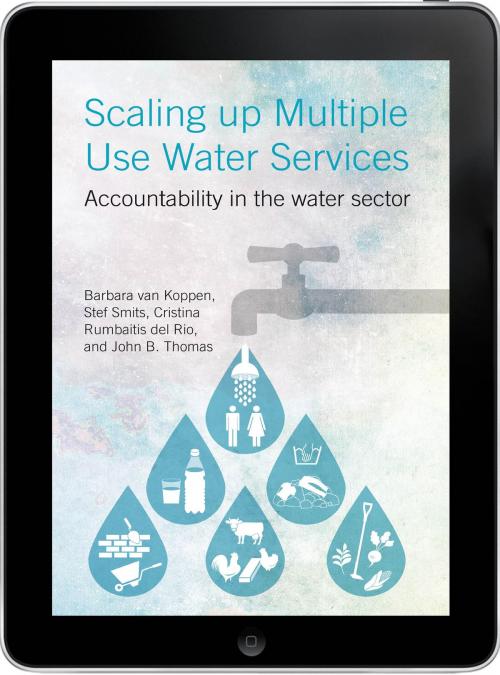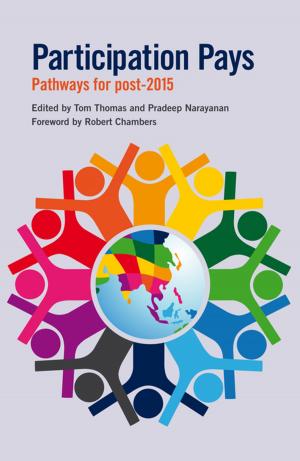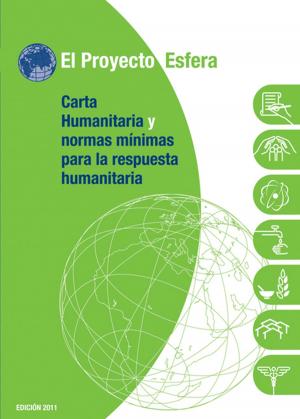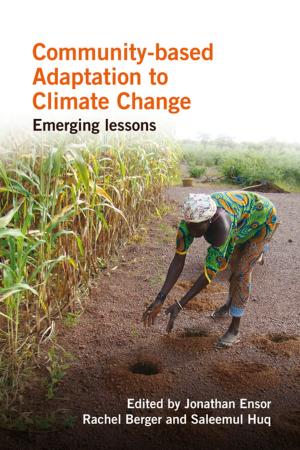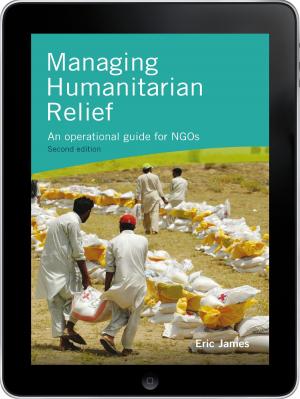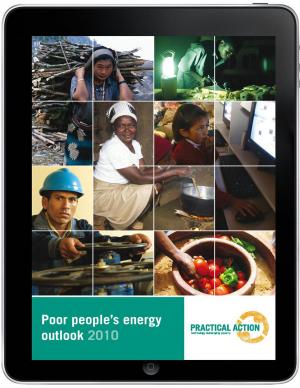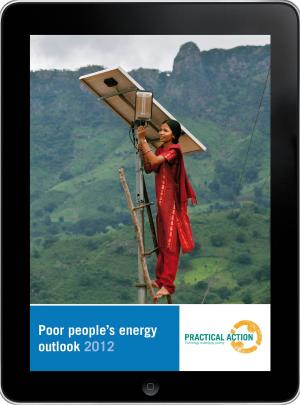Scaling Up Multiple Use Water Services eBook
Accountability in the water sector
Nonfiction, Reference & Language, Reference, Social & Cultural Studies, Social Science| Author: | Barbara van Koppen, Stef Smits, Cristina Rumbaitis del Rio, John Thomas | ISBN: | 9781780448305 |
| Publisher: | Practical Action Publishing | Publication: | April 15, 2014 |
| Imprint: | Practical Action Publishing | Language: | English |
| Author: | Barbara van Koppen, Stef Smits, Cristina Rumbaitis del Rio, John Thomas |
| ISBN: | 9781780448305 |
| Publisher: | Practical Action Publishing |
| Publication: | April 15, 2014 |
| Imprint: | Practical Action Publishing |
| Language: | English |
Poor people in developing countries need water for many purposes: for drinking, bathing, irrigating vegetable gardens, and watering livestock. However, responsibility for water services is divided between different government agencies, the WASH (Water, Sanitation and Hygiene) and irrigation sub-sectors, with the result that people’s holistic needs are not met. Multiple use water services (MUS) is a participatory water services approach that takes account of poor people’s multiple water needs as a starting point of planning, and the approach has been implemented in at least 22 countries in Africa, Asia and Latin America. Scaling up Multiple Use Water Services argues that by designing cost-effective multi-purpose infrastructure MUS can have a positive impact on people’s health and livelihoods. It analyses and explains the success factors of MUS, using a framework of accountability for public service delivery, and it also examines why there has been resistance against scaling up MUS. A stronger service delivery approach can overcome this resistance, by rewarding more livelihood outcomes, by fostering discretionary decision-making power of local-level staff and by allowing horizontal coordination.This book should be read by government and aid agency policy makers in the WASH and agriculture sectors, by development field workers, and by academics, researchers and students of international development.
Poor people in developing countries need water for many purposes: for drinking, bathing, irrigating vegetable gardens, and watering livestock. However, responsibility for water services is divided between different government agencies, the WASH (Water, Sanitation and Hygiene) and irrigation sub-sectors, with the result that people’s holistic needs are not met. Multiple use water services (MUS) is a participatory water services approach that takes account of poor people’s multiple water needs as a starting point of planning, and the approach has been implemented in at least 22 countries in Africa, Asia and Latin America. Scaling up Multiple Use Water Services argues that by designing cost-effective multi-purpose infrastructure MUS can have a positive impact on people’s health and livelihoods. It analyses and explains the success factors of MUS, using a framework of accountability for public service delivery, and it also examines why there has been resistance against scaling up MUS. A stronger service delivery approach can overcome this resistance, by rewarding more livelihood outcomes, by fostering discretionary decision-making power of local-level staff and by allowing horizontal coordination.This book should be read by government and aid agency policy makers in the WASH and agriculture sectors, by development field workers, and by academics, researchers and students of international development.
